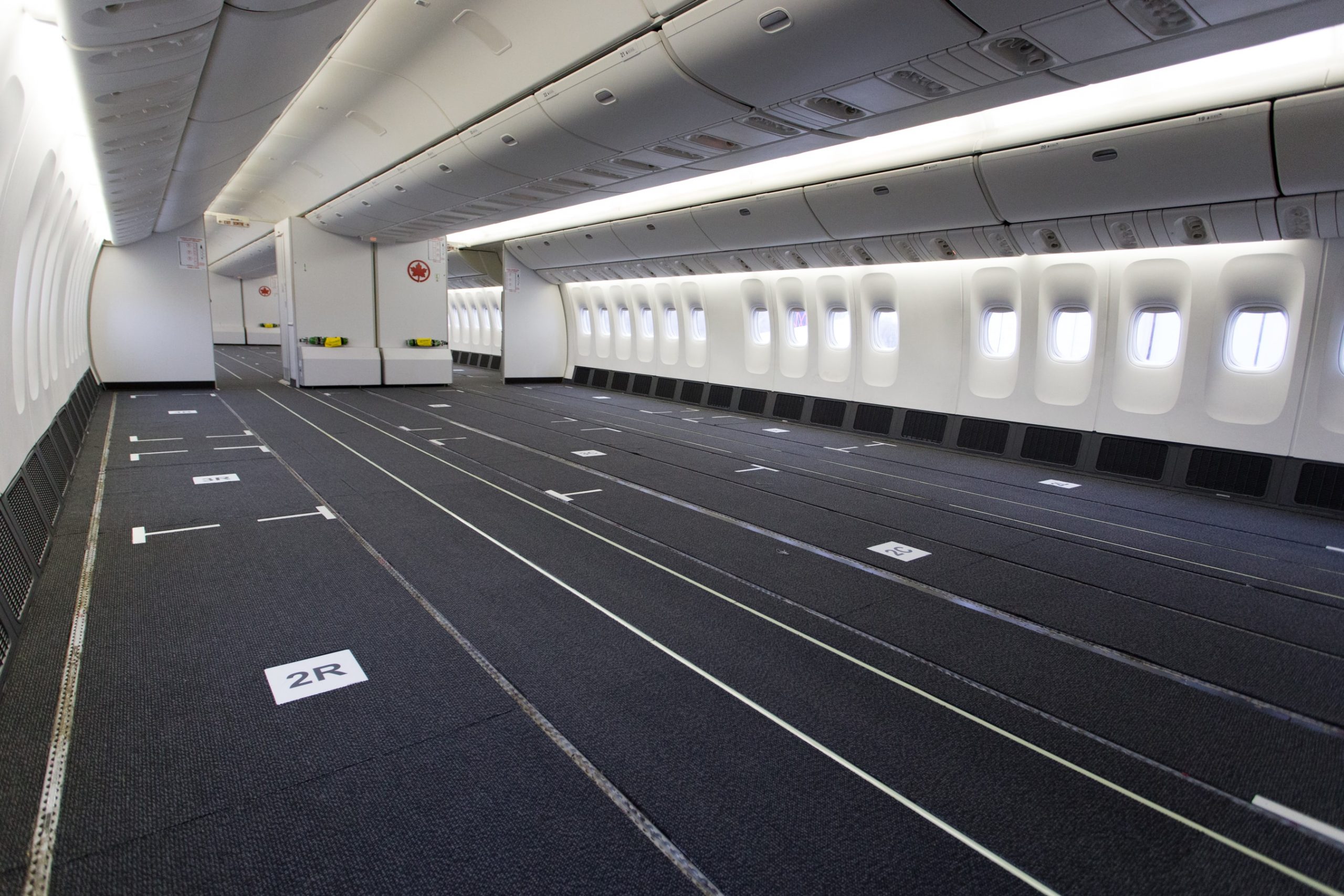
The impact of the COVID-19 pandemic on UK trade is only just beginning to be revealed in figures, but there are signs of recovery on the horizon for certain sectors.
That is the analysis published by the British Ports Association (BPA) and specialist analysts Port Centric Logistics Partners Ltd (PCLP).
Said the BPA: “Economic figures do not yet show the full extent of the downturn. Though with the publishing of Q1 2020 economic data, the darkness is now receding on the anticipated initial impact of the Coronavirus pandemic.
“With the recent news that UK GDP has fallen by 2% in terms of volume in the first quarter of this year, the greatest fall since Q4 2008, the overall economic outlook for all UK industries appears bleak.”
However, with governments making plans for the safe re-opening of the UK economy, “blue skies could be on the horizon,” said the BPA.
Ports are important regional employers, both directly and indirectly so any downturn can have negative impacts on certain communities, said the BPA.
The continued health control measures designed to limit future spikes, such as the new quarantining rules, are sure to slow the economic recovery, said the BPA.
Now, as many sectors look to establish a path to recovery, the BPA and analysts PCLP have prepared a snapshot of economic activity and port trade figures.
Commenting on the figures, British Ports Association chief executive Richard Ballantyne said: “Quarter 1 of this year saw significant contractions in production and construction. Alongside this household consumption fell by 1.7% in the first three months of this year, the largest quarterly contraction since Q4 2008.
“This will have a significantly detrimental impact on UK businesses and ports, with a particular slowdown in containerised imports. However, demand for consumer goods should soon be re-established as the retail sector reopens in accordance with social distancing guidelines.
“There was also a slowdown in roll-on roll-off vehicle freight transported on the UK’s network of ferry operators, as in Q1 accompanied traffic volume declined by 12.4% compared to Q1 2019.
“Unaccompanied freight was less severely hit with volume in that sector reduced by 9.5%, but this is no doubt also significant. However, perhaps more than most this sector has helped keep supermarkets stocked with food and essentials during the lockdown.”
Ballantyne continued: “Furthermore, ferry passenger volumes released by the Department for Transport show the initial impact of travel restrictions. The services connecting the UK and the Republic of Ireland saw a decline at 7.2% in Q1 and the crossings to mainland Europe were even more severely hit by a decline in Q1 of 25.8% against Q1 2019.
“However, we are discussing options with government regarding the possibility of establishing ‘sea bridges’ with neighbouring countries where the COVID-19 risk is low, which we hope could lead more passengers to opt to travel via ferry, avoiding complications brought by aviation.
“This has been a tough start to the year for many parts of the economy and we are keen to explore how the Government and industry can kick start the recovery. Ports are significant economic powerhouses and provide hubs of employment so a healthy trade climate is important to regional prosperity.”
Stephen Taylor, Partner at PCLP, said: “We are not likely to know the complete extent of the impact of COVID-19 on different aspects of the economy for some years, and in many cases, the damage is still being done. We do see anecdotal signs of the beginnings of recovery in some cases. However, not all sectors will recover at an equal pace.
“The construction sector has traditionally been a strong barometer for the economy, so if the health of the economy overall significantly declines, it may be a long road to recovery for this sector. However, government guidance does indicate that construction sites can re-open with social distance measures in place, which may aid the situation for the sector somewhat.
“British car production fell by 99.7% in April, as a result of a shutdown of manufacturing in many cases due to pandemic response measures, according to the Society of Motor Manufacturers and Traders (SMMT). However, we do see signs of initial re-openings.
“For example, car showrooms re-opened last week in the UK, offering a vital stimulus to the sector. It is expected that demand will soon be re-established overseas; welcome news for the UK economy, as manufacturers of motor vehicles, machinery and transport equipment, will be able to return to producing the major share of UK exports.”

